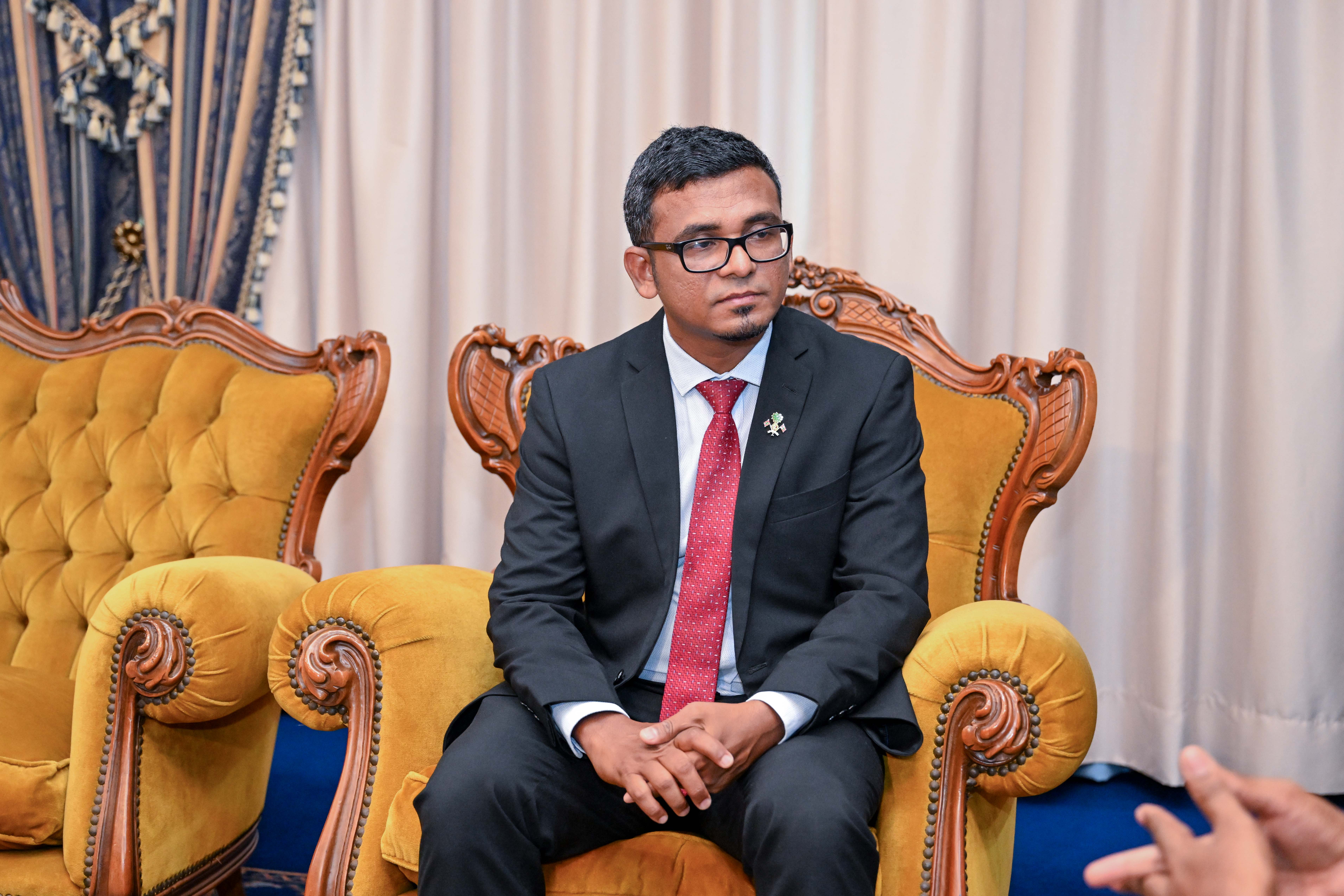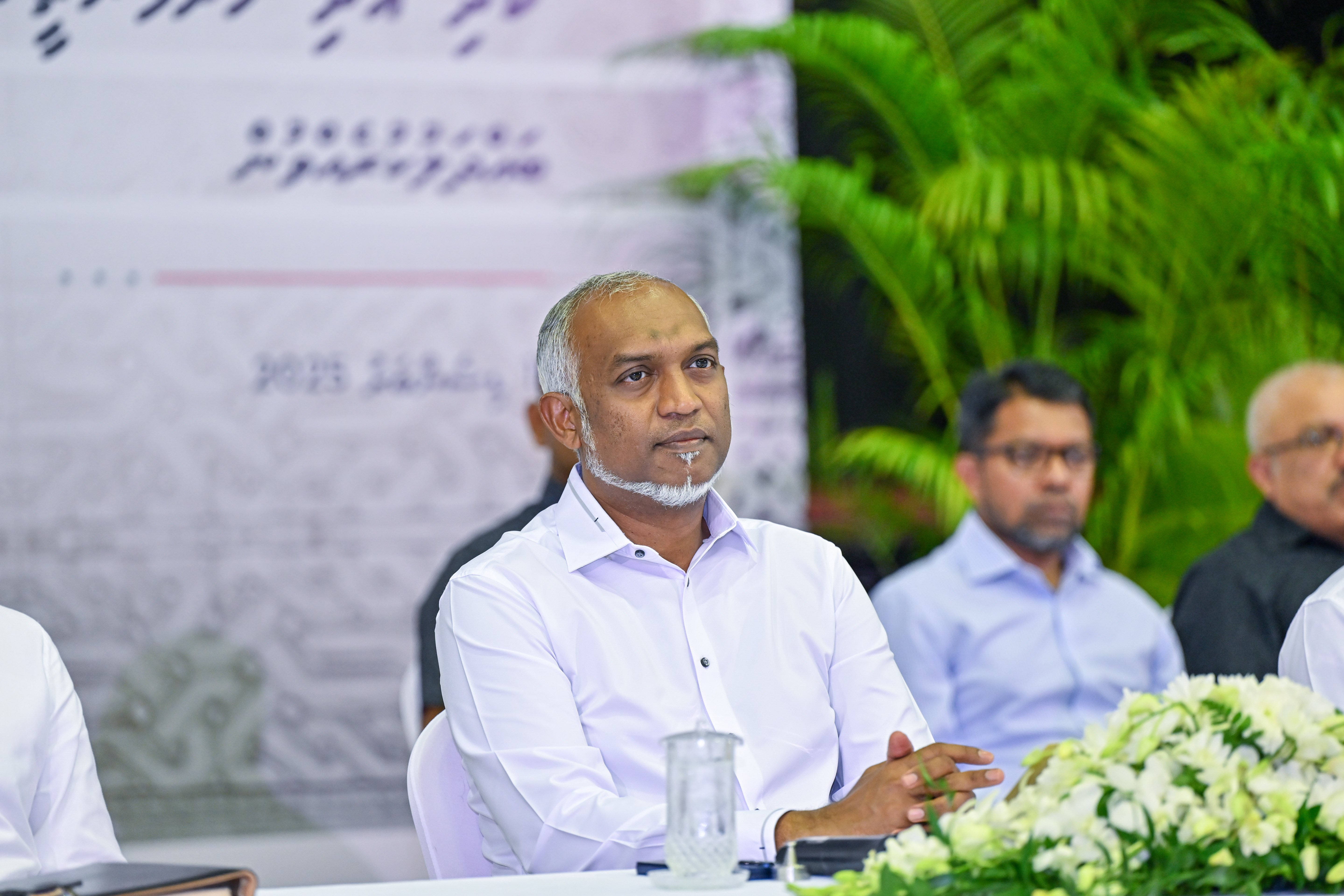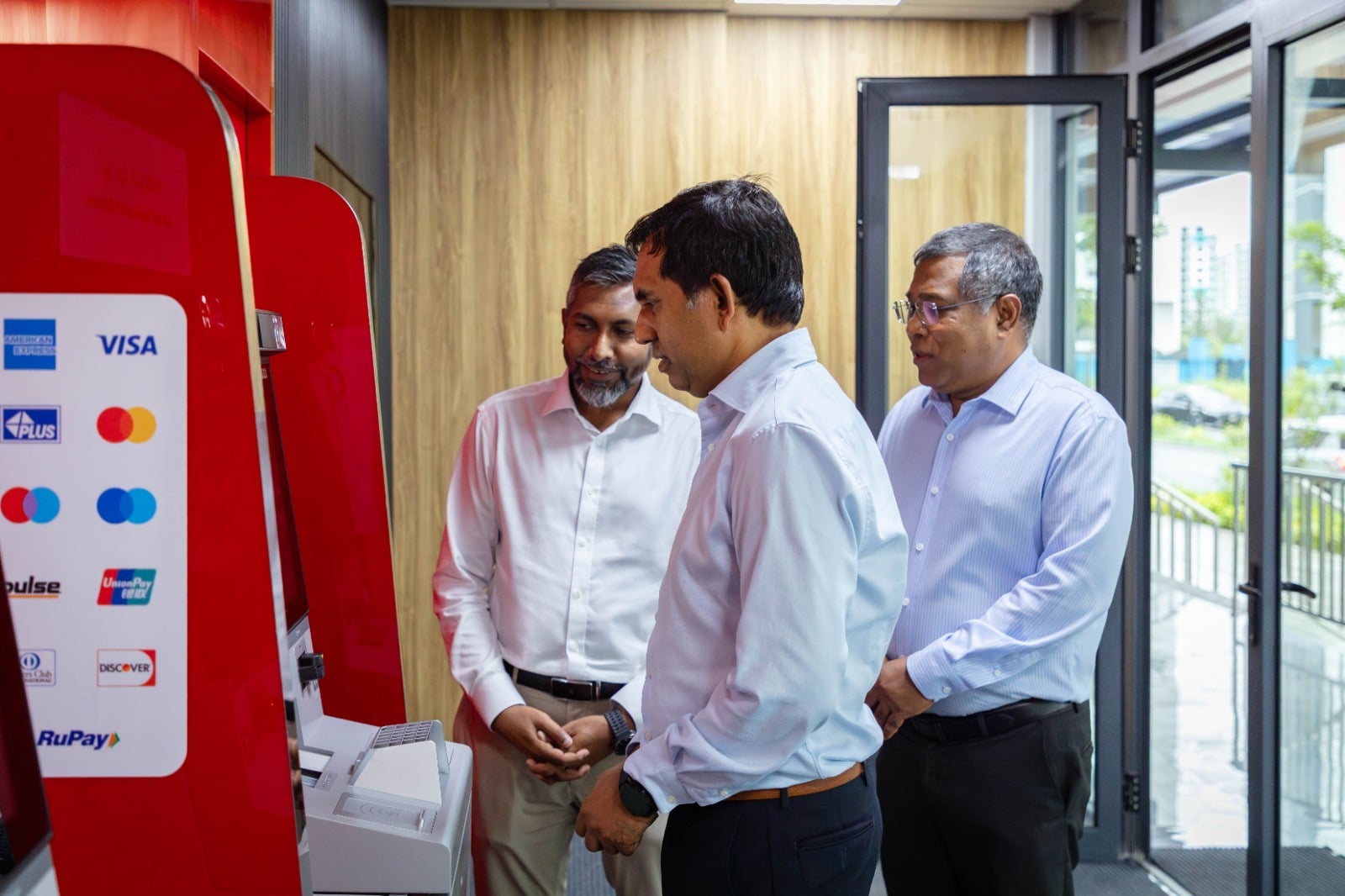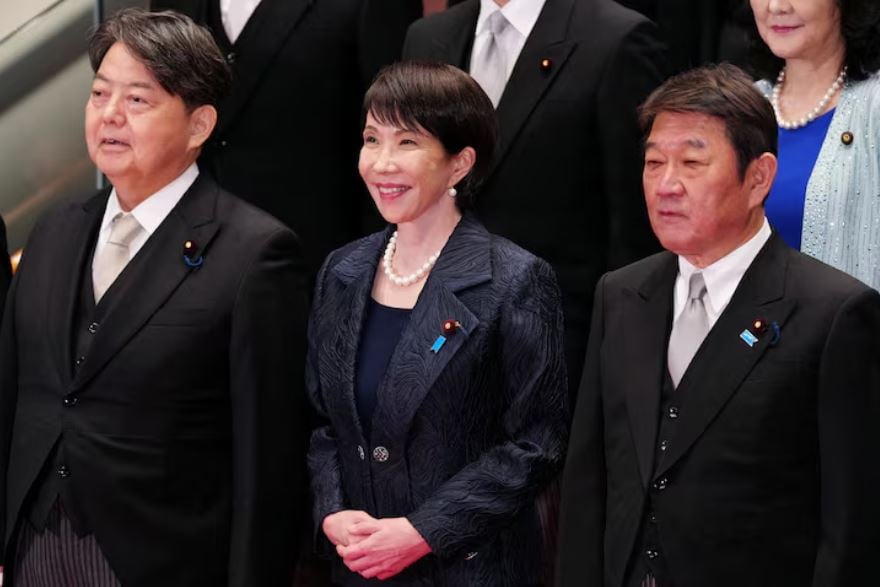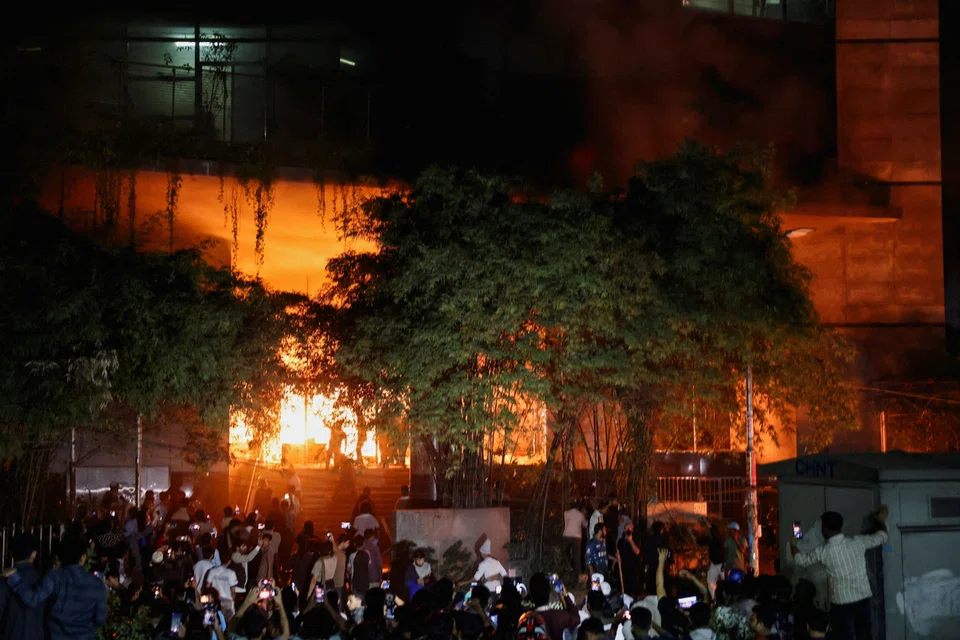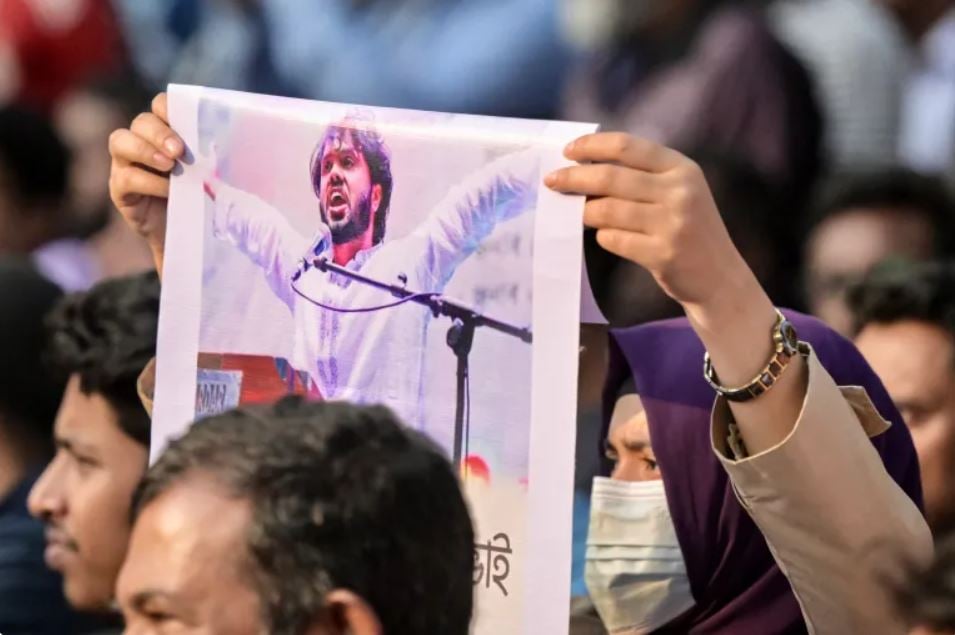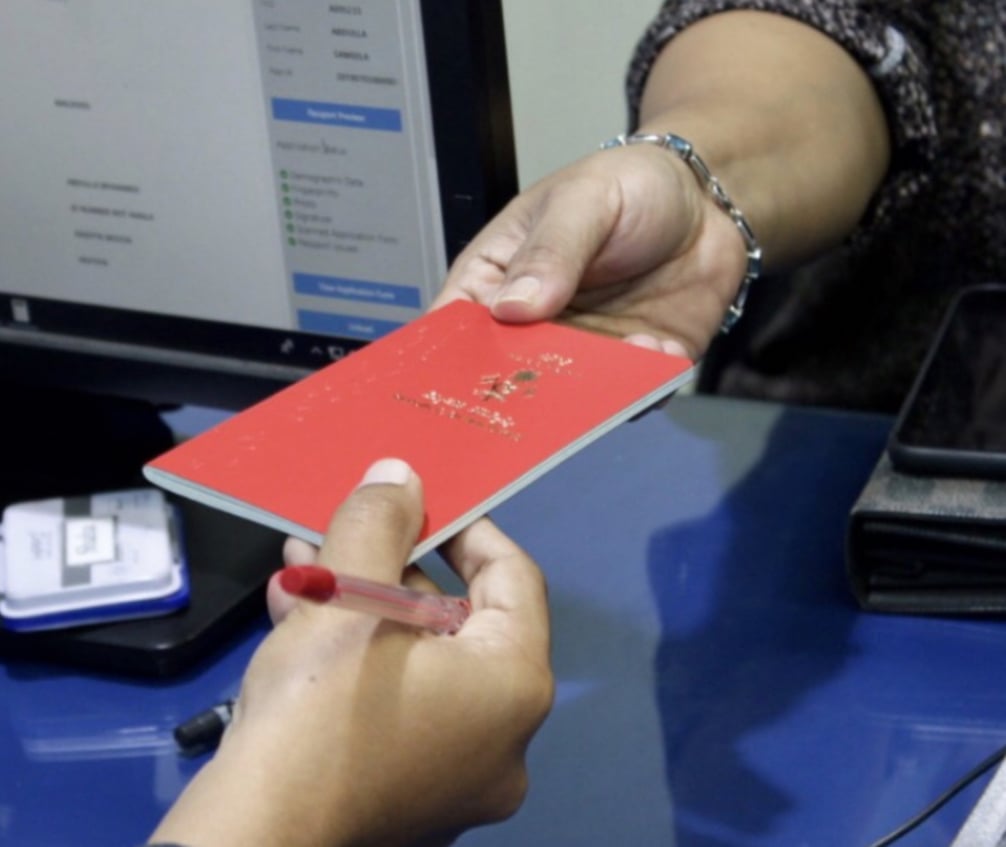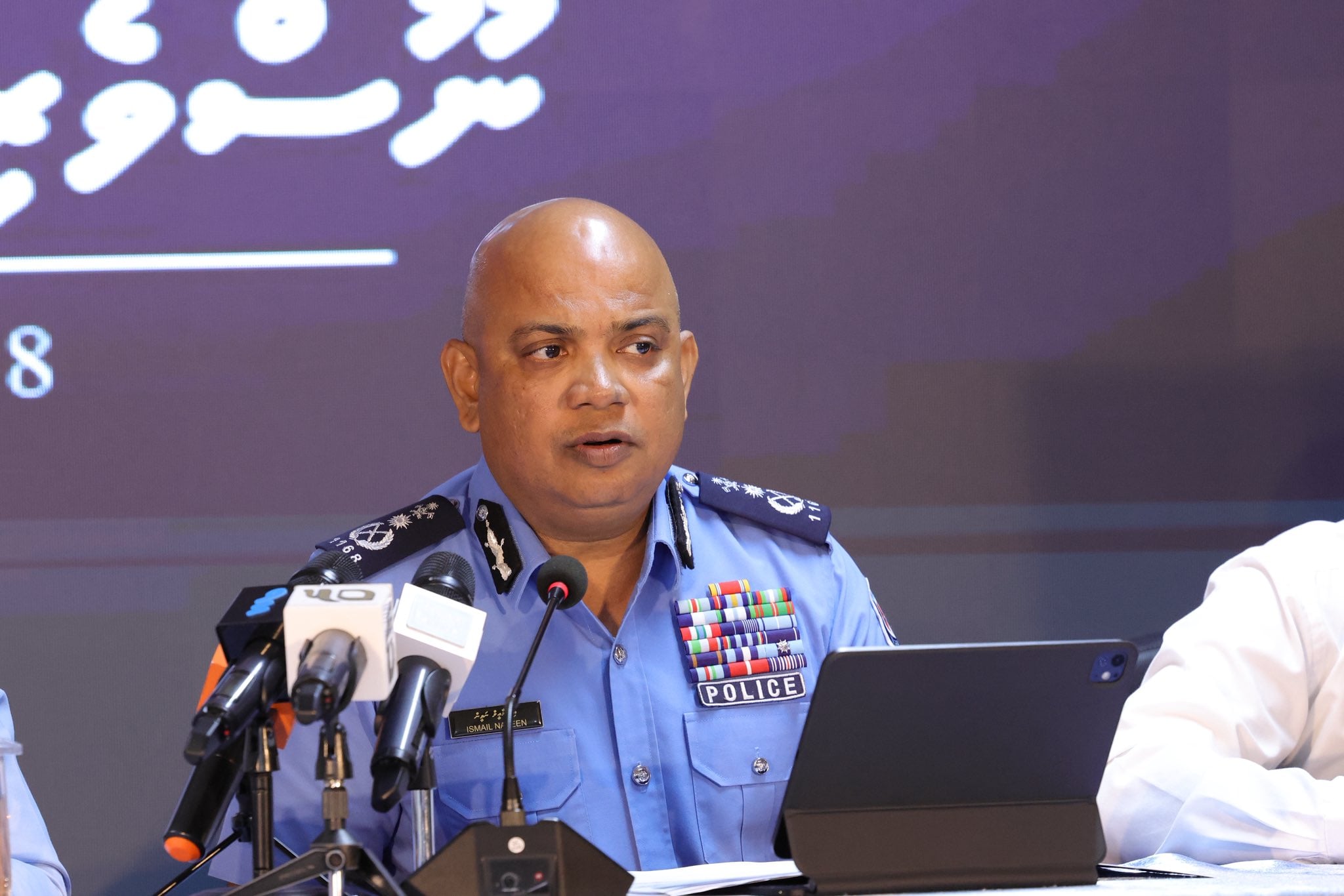Central Bank Governor Ahmed Munawwar has expressed optimism about the recently introduced regulations on foreign exchange inflows and currency exchange, stating that these changes will create a stronger demand for Maldivian rufiyaa (MVR) in the tourism sector.
Speaking on state-run Public Service Media (PSM), Governor Munawwar outlined that the new regulations aim to increase the amount of U.S. dollars entering the country's banking system. Currently, only about three percent of the dollars generated by the tourism sector make their way into the Maldivian banking system. The newly implemented regulations are expected to significantly boost this percentage.
Under the existing system, the Maldives Monetary Authority (MMA) channels approximately $300 to $400 million annually to banks. However, with the new rules in place, the amount of dollars entering the banking system is expected to double. This increase is intended to ease the challenges faced by businesses and individuals in obtaining U.S. dollars by improving the availability of foreign currency through local banks.
One of the key amendments, which took effect yesterday, requires that Category A tourist resorts, integrated tourist resorts, resort hotels, hotels, tourist vehicles, and similar establishments must exchange a minimum of $500 per tourist based on the total number of tourists arriving each month. In contrast, Category B guesthouses and hotels with 50 rooms or fewer are required to exchange $25 per tourist.
These new regulations are part of a broader effort by the Maldivian government and the Central Bank to stabilize the foreign exchange market and promote economic growth in the tourism-driven nation.
Speaking on state-run Public Service Media (PSM), Governor Munawwar outlined that the new regulations aim to increase the amount of U.S. dollars entering the country's banking system. Currently, only about three percent of the dollars generated by the tourism sector make their way into the Maldivian banking system. The newly implemented regulations are expected to significantly boost this percentage.
Under the existing system, the Maldives Monetary Authority (MMA) channels approximately $300 to $400 million annually to banks. However, with the new rules in place, the amount of dollars entering the banking system is expected to double. This increase is intended to ease the challenges faced by businesses and individuals in obtaining U.S. dollars by improving the availability of foreign currency through local banks.
One of the key amendments, which took effect yesterday, requires that Category A tourist resorts, integrated tourist resorts, resort hotels, hotels, tourist vehicles, and similar establishments must exchange a minimum of $500 per tourist based on the total number of tourists arriving each month. In contrast, Category B guesthouses and hotels with 50 rooms or fewer are required to exchange $25 per tourist.
These new regulations are part of a broader effort by the Maldivian government and the Central Bank to stabilize the foreign exchange market and promote economic growth in the tourism-driven nation.





